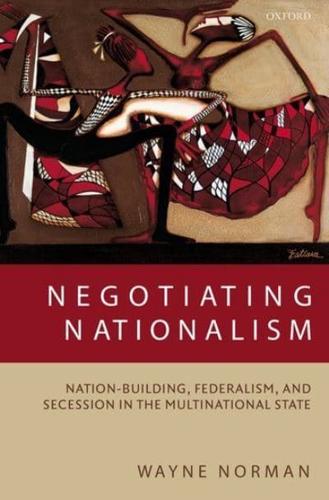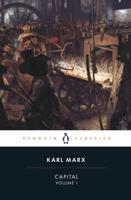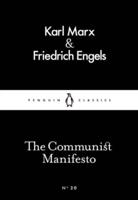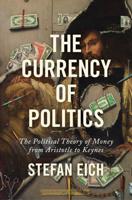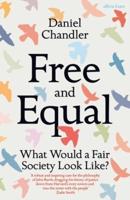Publisher's Synopsis
There are at least three times as many nations as states in the world today. This book addresses some of the special challenges that arise when two or more national communities re the same (multinational) state. As a work in normative political philosophy its principal aim is to evaluate the political and institutional choices of citizens and governments in states with rival nationalist discourses and nation-building projects. The first chapter takes stock of a decade of intense philosophical and sociological debates about the nature of nations and nationalism. Norman identifies points of consensus in these debates, as well as issues that do not have to be definitively resolved in order to proceed with normative theorizing. He recommends thinking of nationalism as a form of discourse, a way of arguing and mobilizing support, and not primarily as a belief in a principle. A liberal nationalist, then, is someone who uses nationalist arguments, or appeals to nationalist sentiments, in order to rally support for liberal policies. The rest of the book is taken up with the three big political and institutional choices in multinational states. First, what can political actors and governments legitimately do to shape citizens' national identity or identities? This is the core question in the ethics of nation-building, or what Norman calls national engineering. Second, how can minority and majority national communities each be given an adequate degree of self-determination, including equal rights to carry out nation-building projects, within a democratic federal state? Finally, even in a world where most national minorities cannot have their own state, how should the constitutions of multinational federations regulate secessionist politics within the rule of law and the ideals of democracy? More than a decade after Yael Tamir's ground-breaking Liberal Nationalism, Norman finds that these three great practical and institutional questions have still rarely been addressed within a comprehensive normative theory of nationalism.
